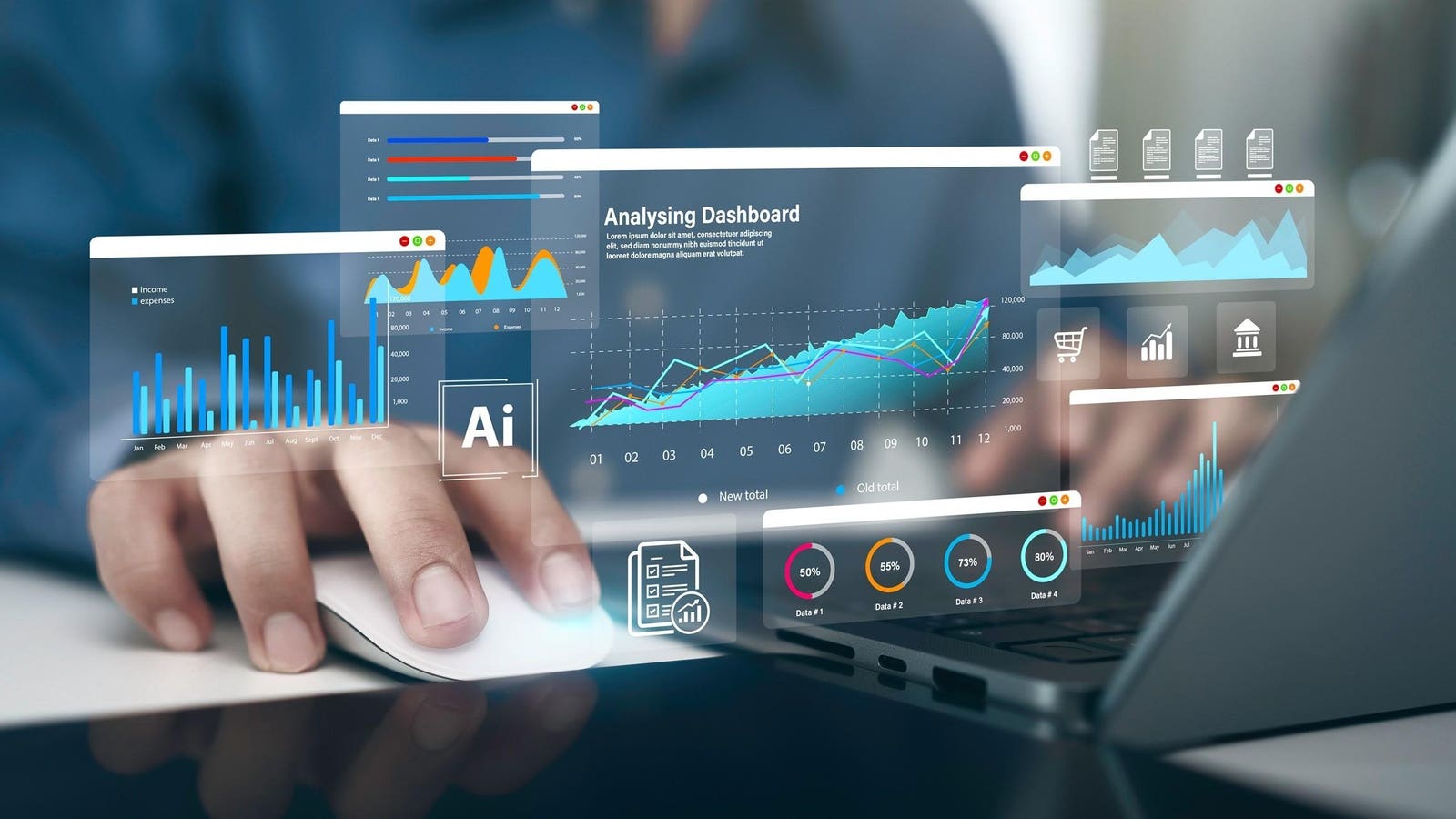Artificial intelligence adoption is expected to reach 378 million users globally by 2025, with the … More
The integration of artificial intelligence into daily life has accelerated at an unprecedented pace, transforming every
thing from internet search results to customer service interactions and workplace productivity tools in ways that seemed impossible just two years ago.
Beyond consumer applications, AI now plays a critical role in geopolitical conflicts, electoral processes, and addressing global challenges like climate change and healthcare delivery. This widespread deployment means AI’s influence extends far beyond individual users to shape broader economic and social systems that affect everyone, regardless of their personal technology adoption.
The scope and speed of this transformation demand a data-driven understanding of where we stand today and where current trends are leading us.
Numbers tell stories and one thing we can be sure of in the digital age is that the revolution will be quantified. Data on adoption, usage, and societal impact (job losses, for example) helps businesses understand investments but also helps the rest of us anticipate further change.
So here are 20 statistics that I think best reflect where we are in 2025 that can help us decode the many narratives and trends around AI.
Adoption And Investment
$244bn Market Size
The value of the global industry for AI tools and services, representing a 31% increase over the previous year and predicted to rise to $1 trillion by 2031.
66% Of People Use AI Regularly
AI is an everyday reality for two-thirds of the planet’s population, according to this study.
378 Million Will Use AI Tools In 2025
Up from just 116 million five years ago, 64 million higher than the previous year, making it the largest year-on-year jump.
78% Of Organizations Use AI
Up from 55% the previous year, as reported by the Stanford HAI 2025 AI Index.
90% Of Hospitals Use AI For Diagnosis and Monitoring
This reflects the enthusiastic uptake of AI across the healthcare sector in many countries.
92% Of Students Use Generative AI
This has shot up from 66% in 2024, with 18% admitting to submitting AI-generated text with their work.
51% Of Marketers Already Using Generative AI
According to this Salesforce survey, with a further 22% planning to start using it soon.
Society And AI
46% Of Us Trust AI
Trust is critical for AI adoption, but this study shows there is some way to go.
56.4% Increase In Harmful AI Incidents
One index that tracks harmful AI incidents, such as damaging deepfake images and chatbot misinformation, reported this increase.
76% Of Experts Believe The Benefits Outweigh The Risks
Those with specialist knowledge are far more likely to believe AI is worthwhile compared to just 43% of the general public.
60% Of The World’s Population Lives In A Jurisdiction Covered By AI Legislation
Due to the passing of AI legislation by a growing number of countries, this has increased from 10-15% since 2020.
54% Of Us Will Use AI To Make Consumer Decisions
And this survey suggests we’re increasingly using generative AI to shop around.
35% Of Parents Discuss AI With Kids
Although this increases significantly among groups with higher levels of education, according to research.
Energy And Environmental Footprint
23 Gigawatts Of Electricity Will Be Burned To Power AI in 2025
This is about the same as the power usage of the United Kingdom.
0.5 Liters Of Water
Is used to cool data center servers for the average ChatGPT user session.
1.7 Gigatons of additional CO2 emissions will be created by AI use between 2025 and 2030, according to the IMF.
Jobs
50% Of White Collar Jobs Could Be Lost To AI
According to predictions made by Anthropic CEO Dario Amodei, calling for major changes to the way we approach job displacement.
Women 3X More Likely To Be Displaced
Prompting calls to ensure automation doesn’t worsen workplace gender disparity.
40% Of Jobs Are Exposed To AI Impact
According to the IMF, which found greater exposure in advanced economies.
31% Downturn In Job Vacancies For “Highly Exposed” Roles
This suggests that people are already being replaced in roles such as database administration and IT specialist.
The numbers paint a clear picture: we’re living through an AI revolution that’s accelerating faster than most anticipated. While the technology promises incredible benefits across healthcare, education, and business, the statistics also reveal serious challenges around job displacement, energy consumption, and the growing digital divide. As we navigate 2025, the key question isn’t whether AI will reshape our world but whether we can harness its power while protecting the workers and communities most vulnerable to its disruptive effects. The data suggests we have little time to waste in finding those answers.








